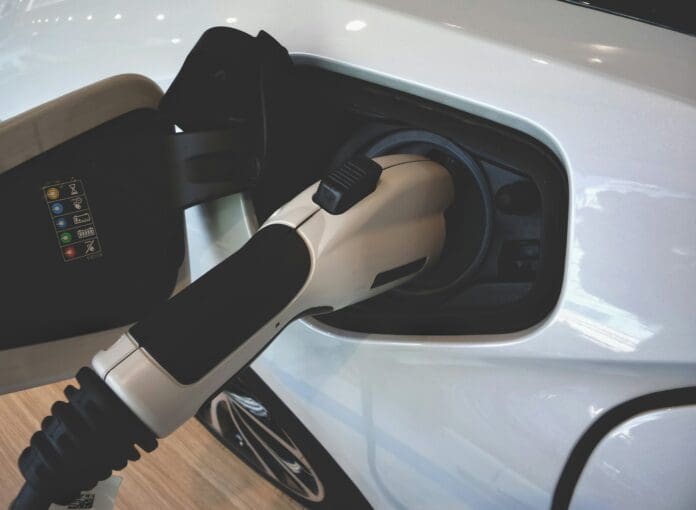This post is also available in:
 עברית (Hebrew)
עברית (Hebrew)
As lithium-ion batteries continue to power a growing number of devices, safety concerns have risen to the forefront. Despite their efficiency and long lifespan, these batteries can be prone to dangerous failures, particularly when they overheat or sustain damage. In response to these risks, a new sensor developed by researchers could improve battery safety by detecting issues before they escalate.
Lithium-ion batteries are a common power source in everything from everyday electronics to critical military applications, but the hazards associated with them are significant. When damaged, these batteries can leak volatile gases that may ignite, potentially causing fires or explosions. This is especially concerning in electric vehicles (EVs), where battery failures could endanger human life.
To address this issue, researchers from Xi’an Jiaotong-Liverpool University have unveiled a highly sensitive sensor that can detect the presence of ethylene carbonate (EC)—a key vapor released by battery electrolytes when they begin to degrade. Early detection of these leaks could prevent catastrophic failures, allowing for timely intervention before a dangerous situation arises.
The sensor, developed using covalent organic frameworks (COFs), represents a significant advancement in battery monitoring. COFs are molecular structures engineered to selectively target specific gases, and in this case, the sensor’s ability to identify even trace amounts of EC vapor is crucial. Laboratory tests have shown that it can detect EC concentrations as low as 1.15 parts per million (ppm), which is far below the threshold where the situation could become hazardous.
One of the most promising aspects of this technology is its potential for wide application. While the immediate benefits may be most noticeable in electric vehicles, the sensor could be integrated into battery management systems for other devices. This could provide alerts of potential failures in real-time, enabling manufacturers to take preventive measures that could protect lives and prevent property damage.
Ultimately, this innovative sensor offers a proactive solution to the growing safety concerns surrounding lithium-ion batteries, giving both consumers and manufacturers a powerful tool for preventing catastrophic events.


























